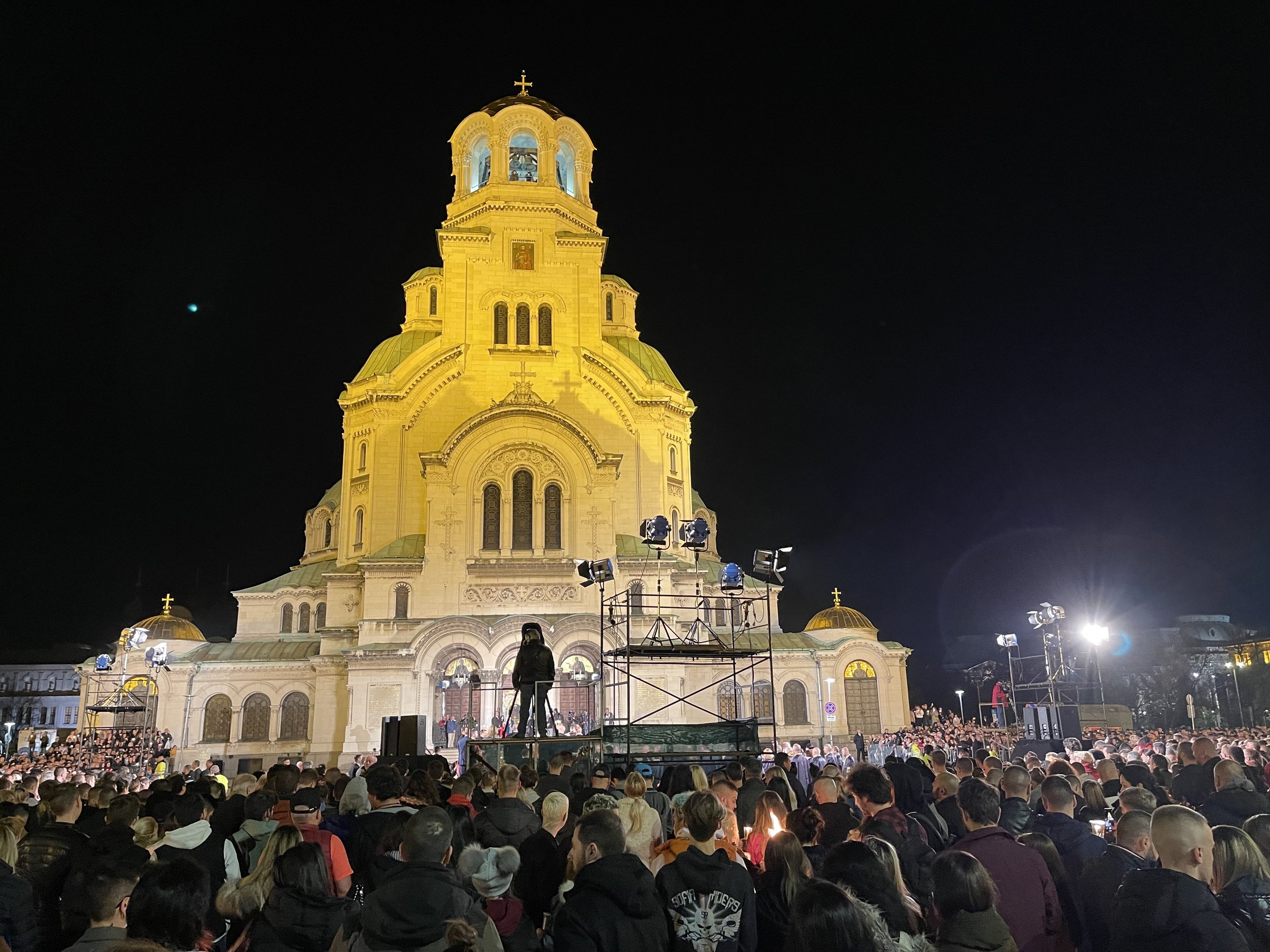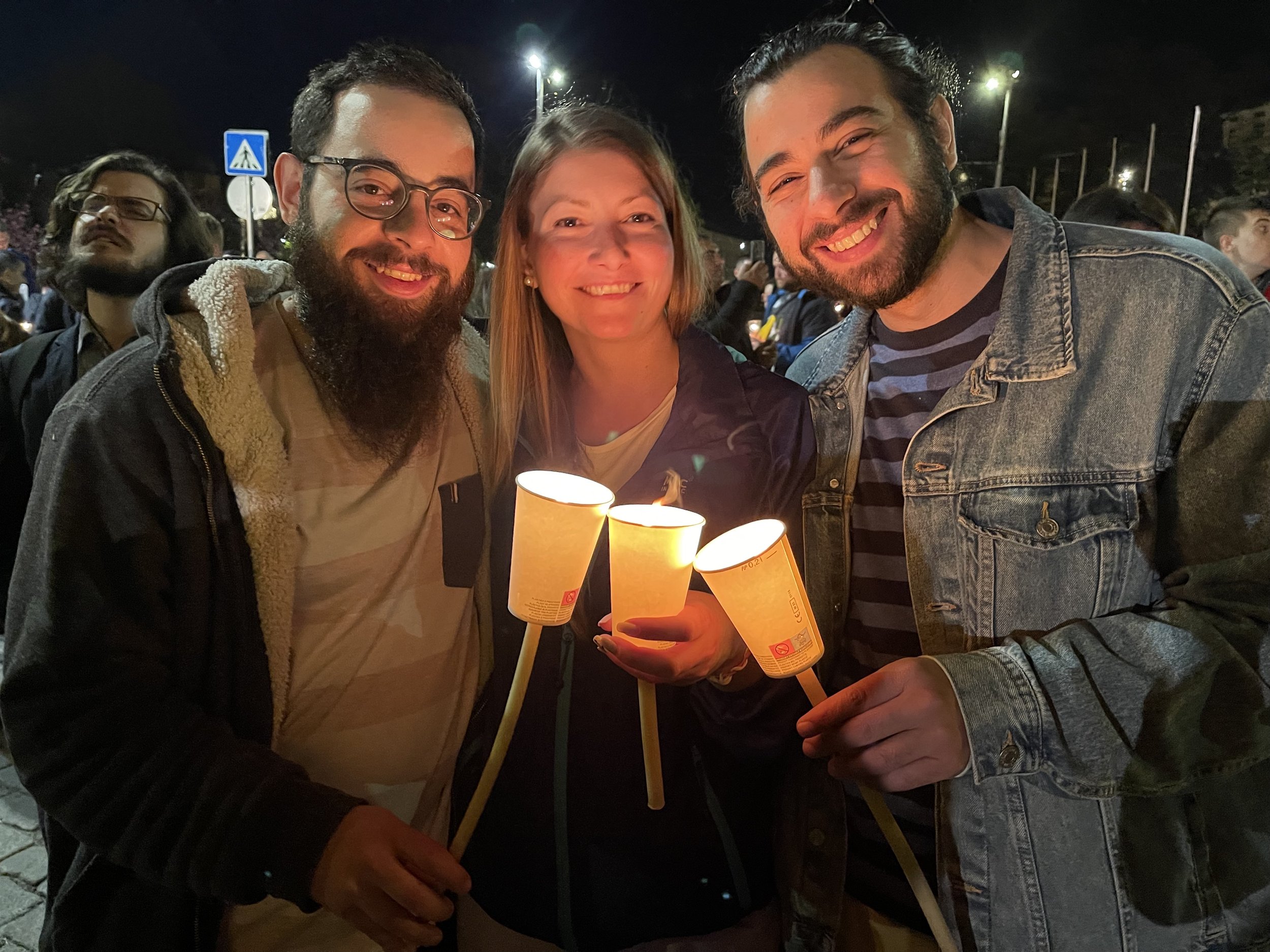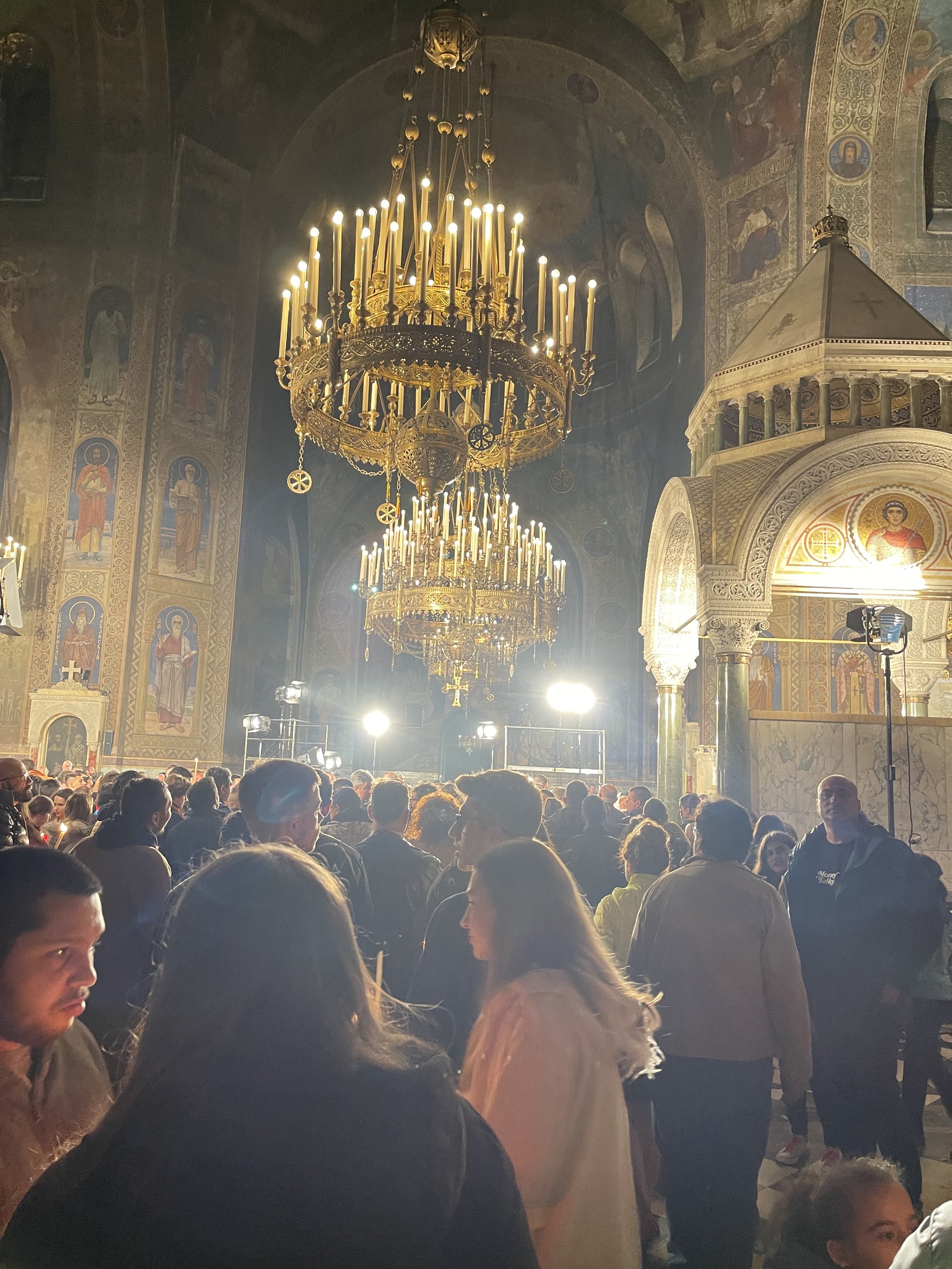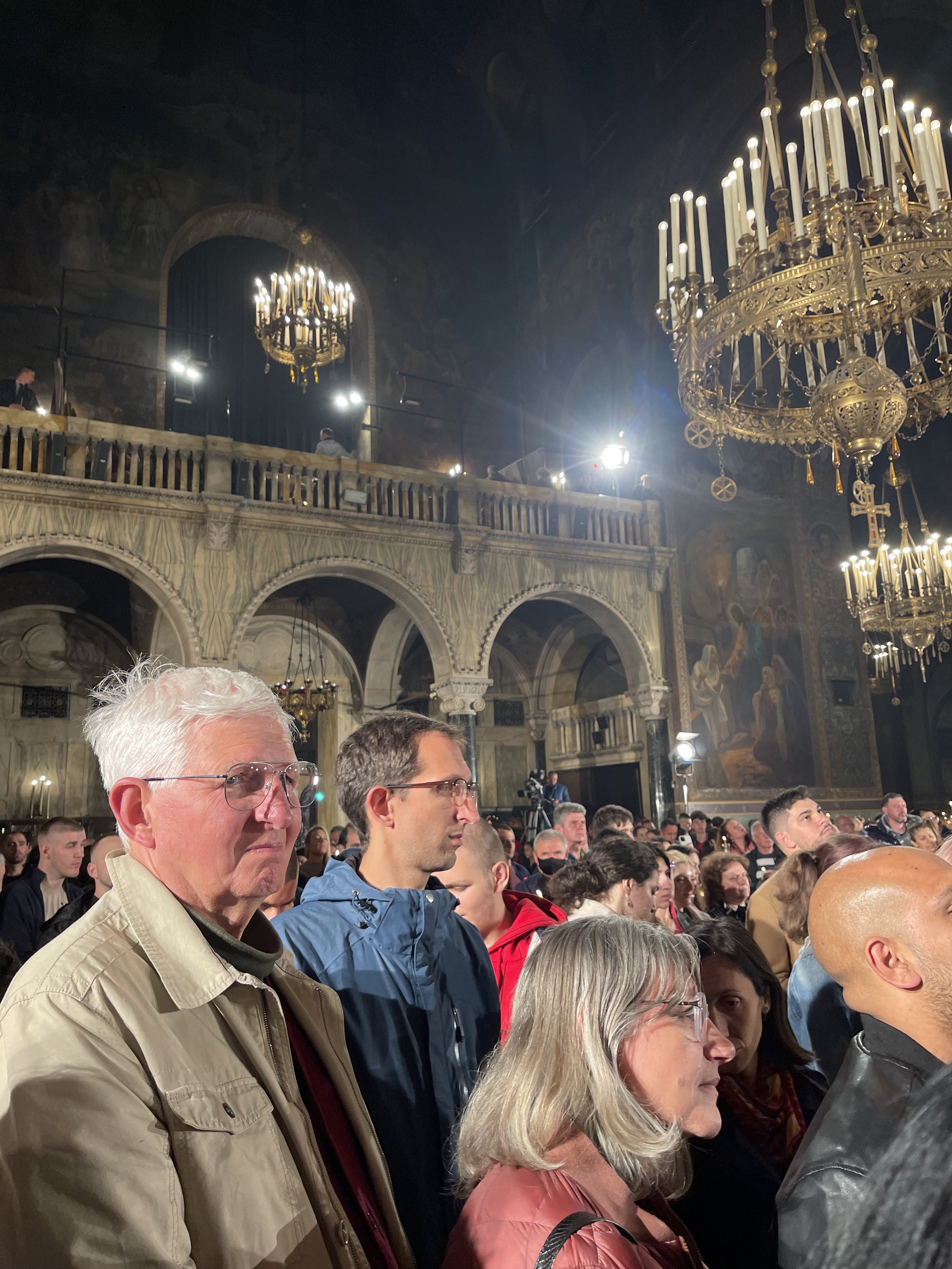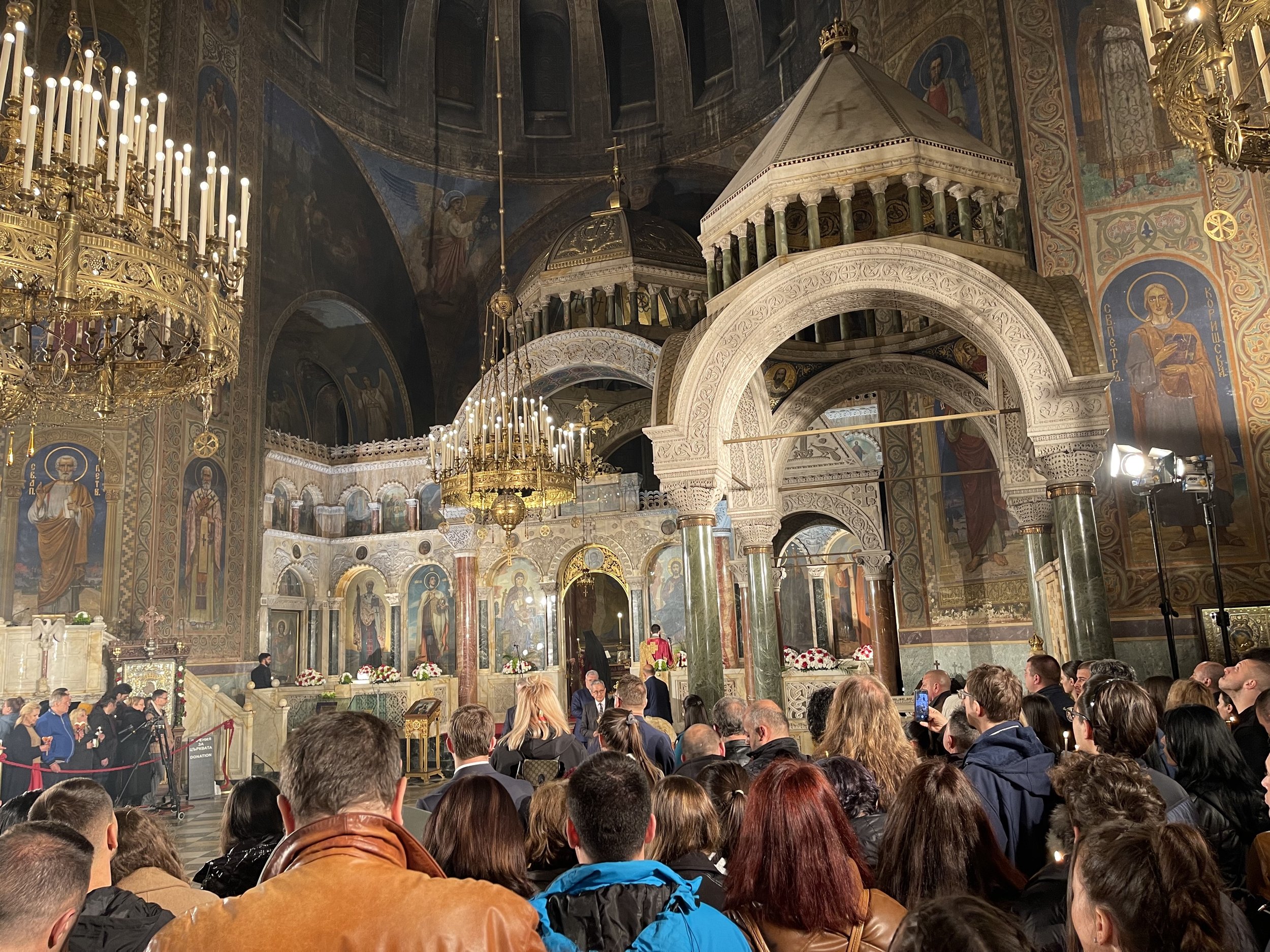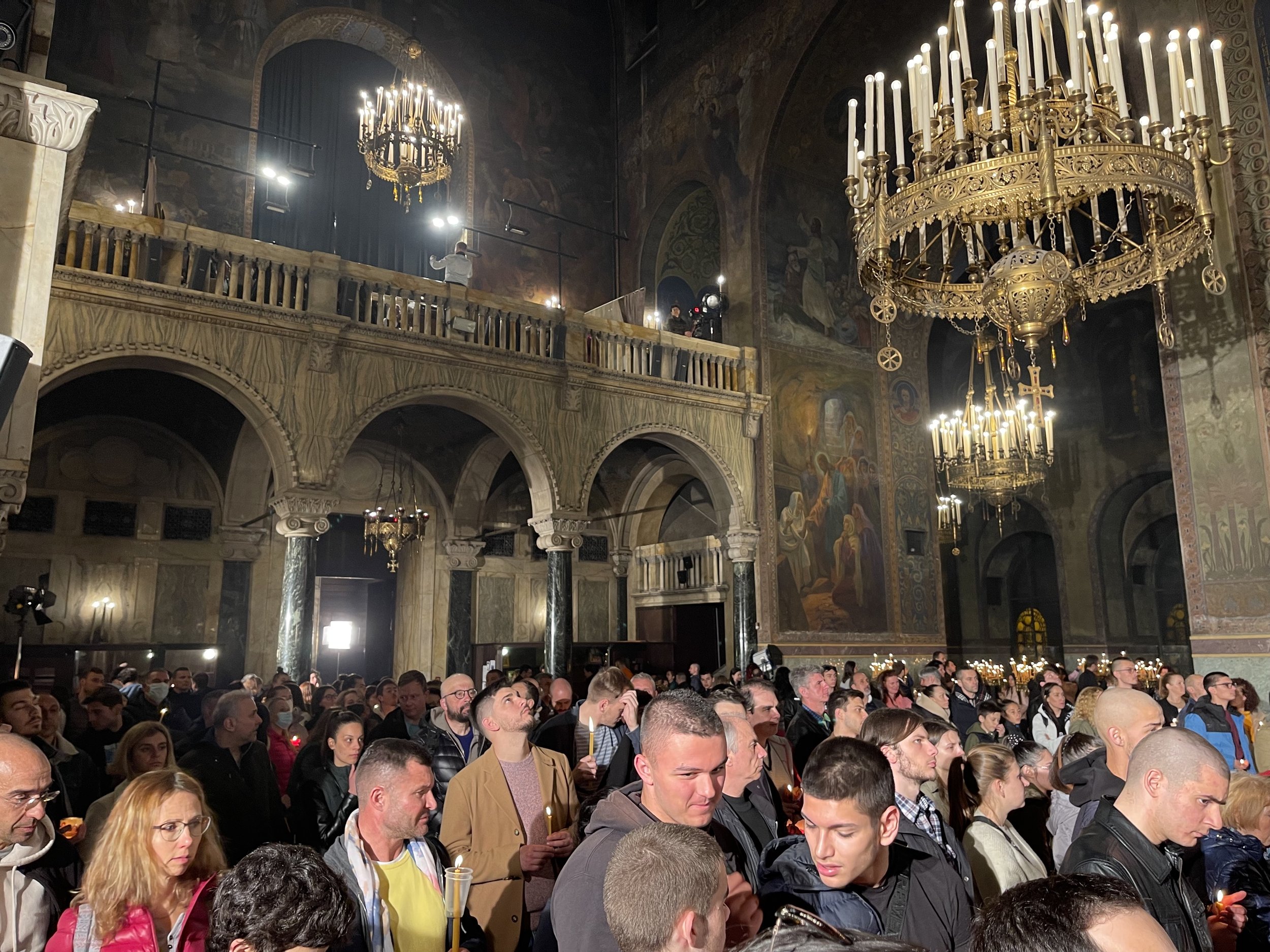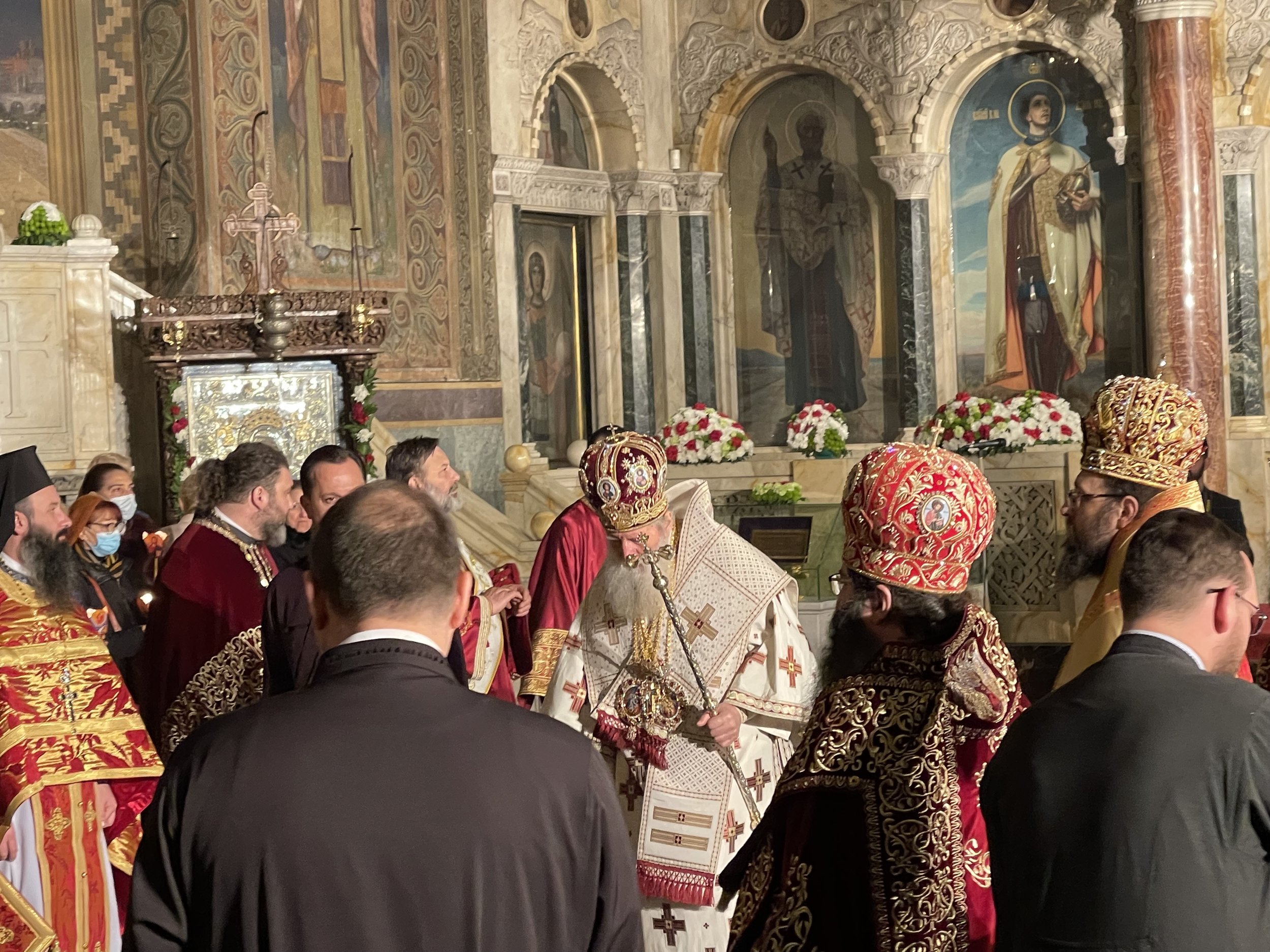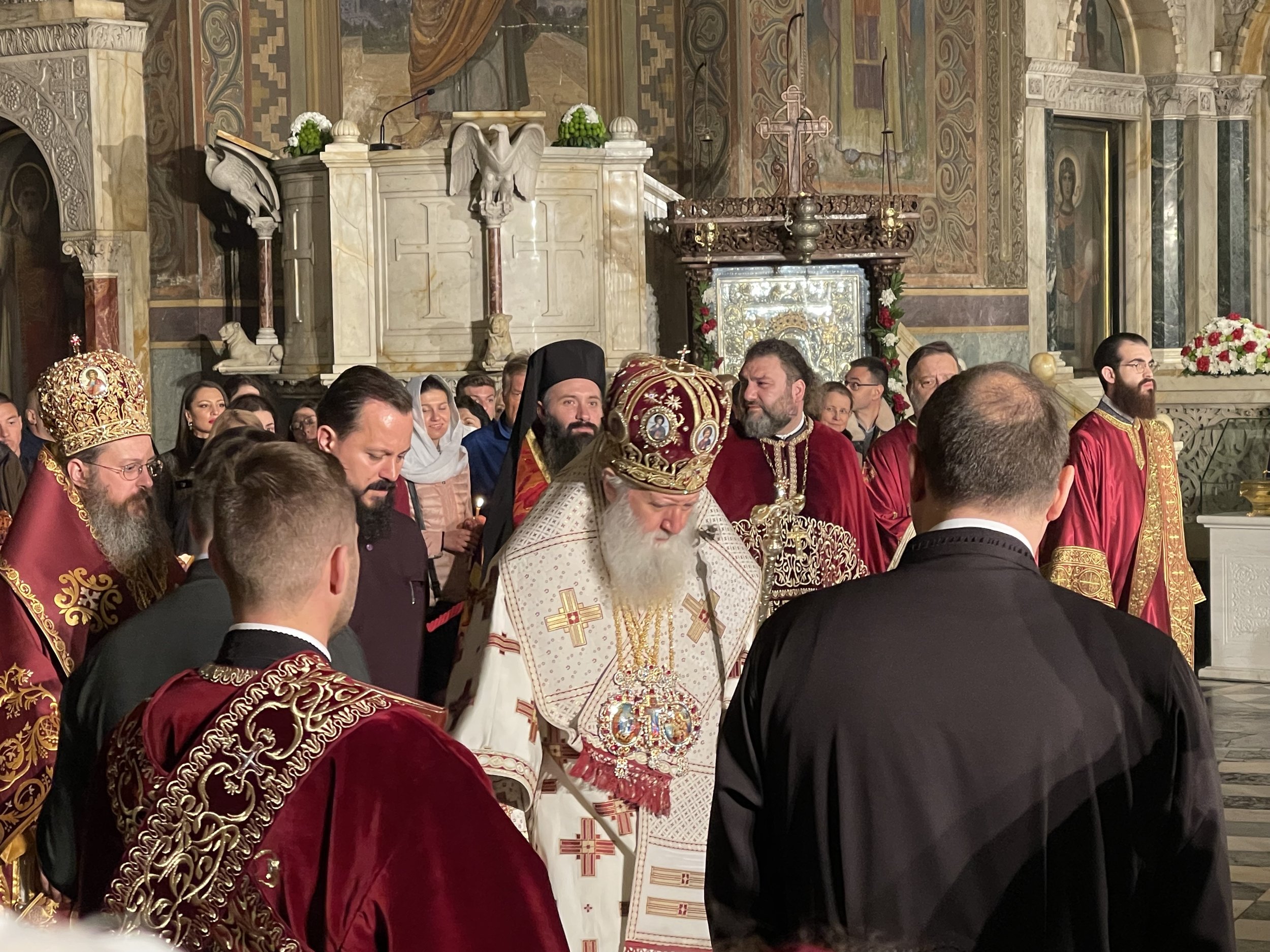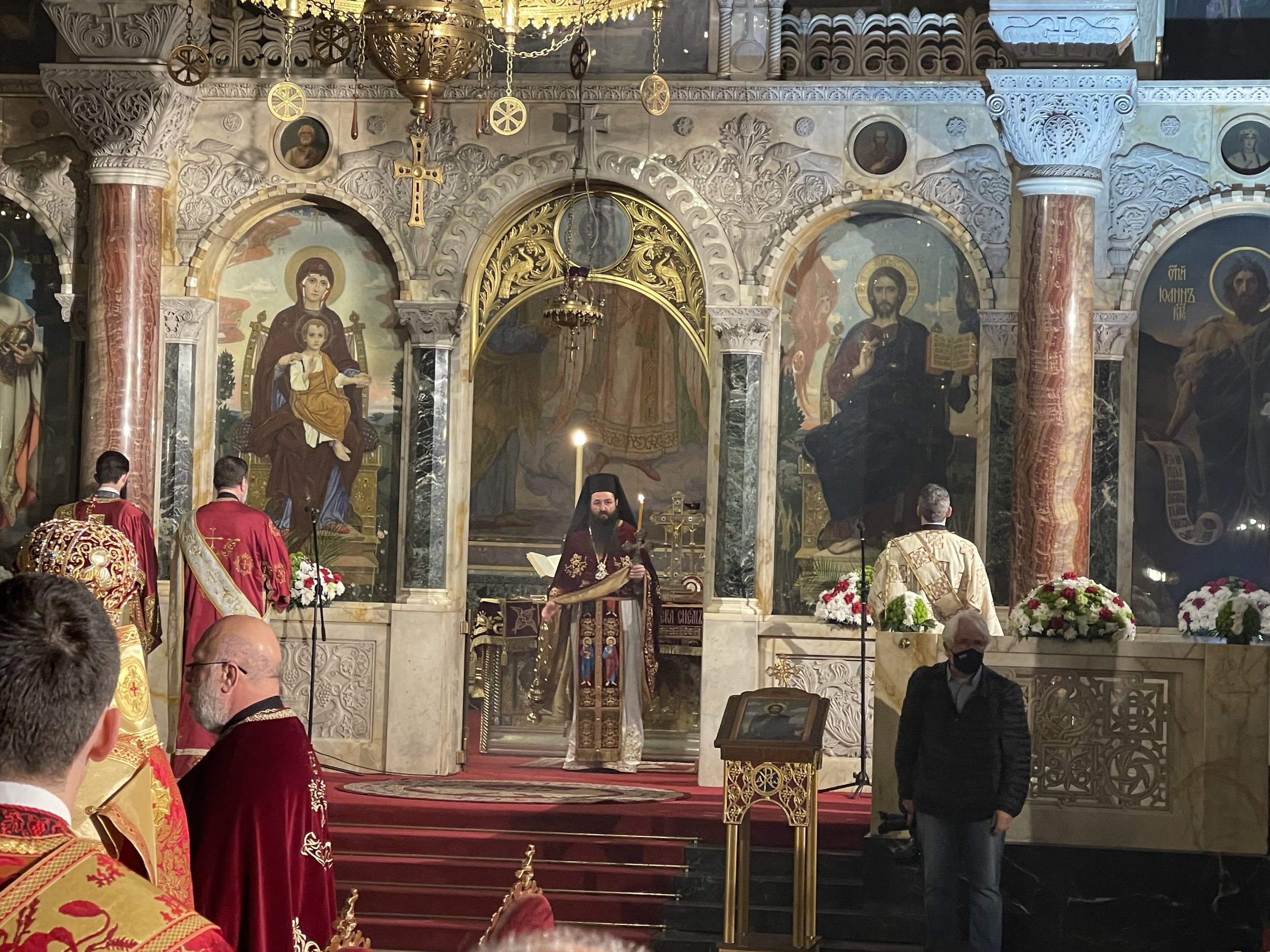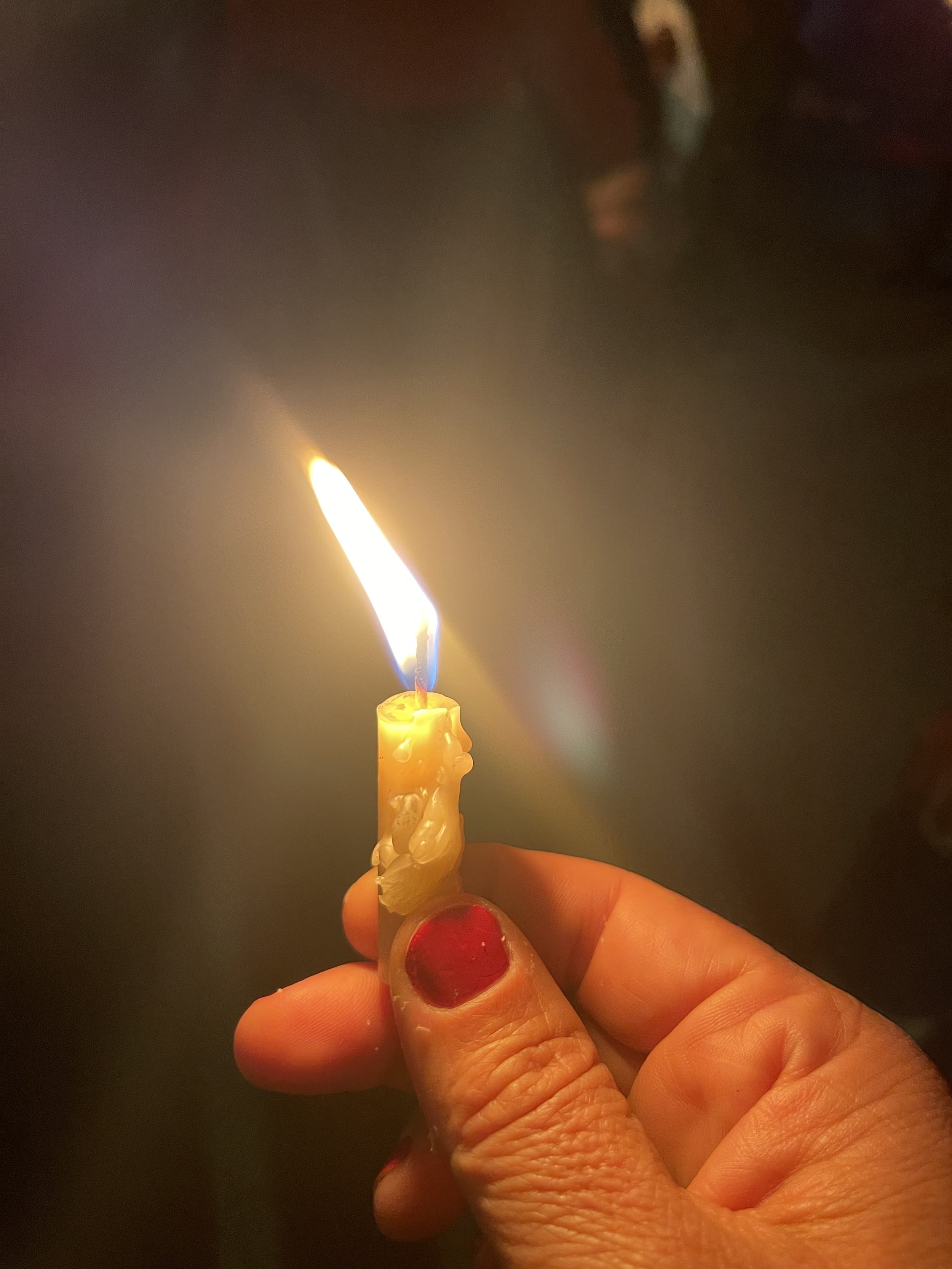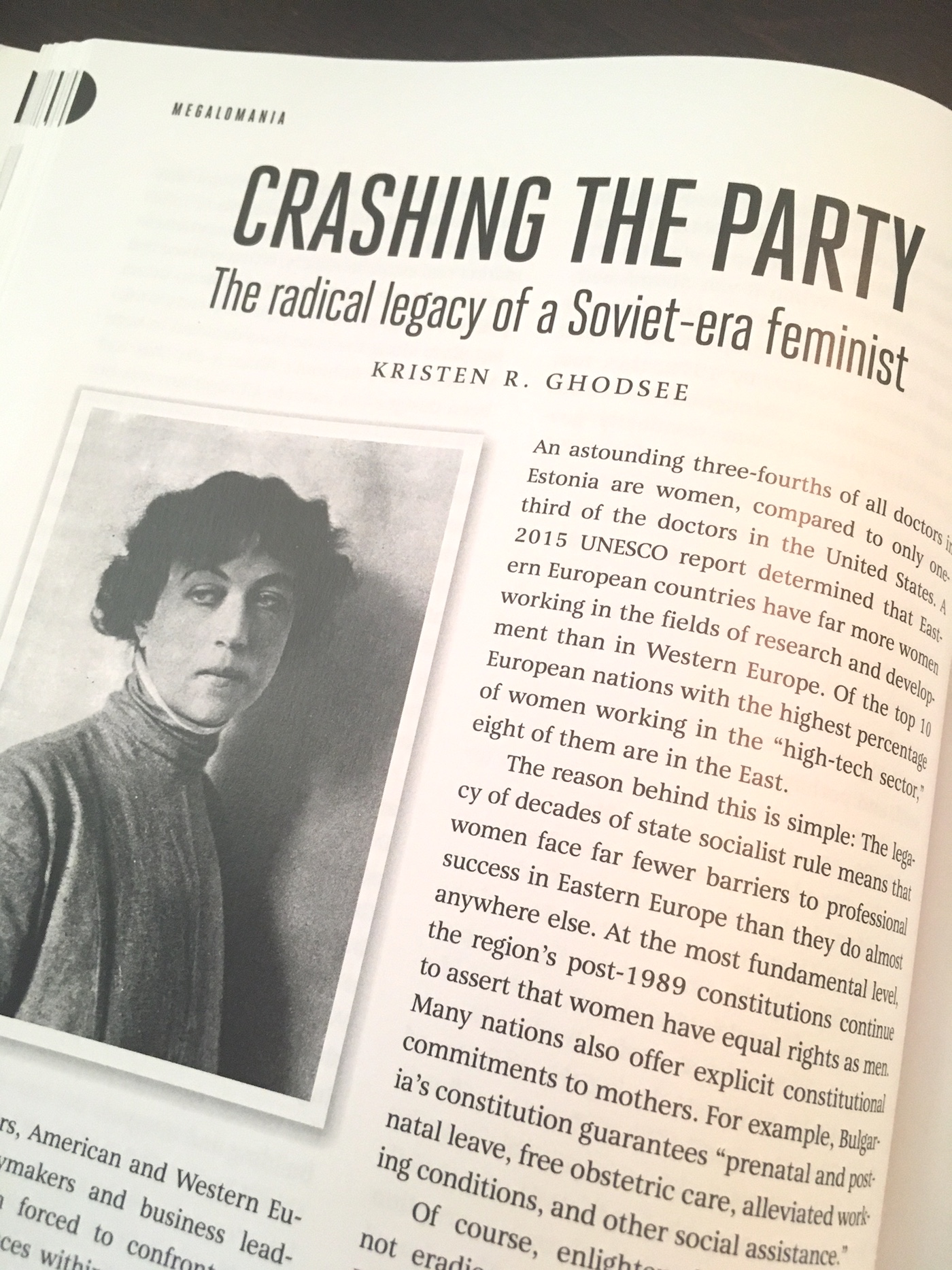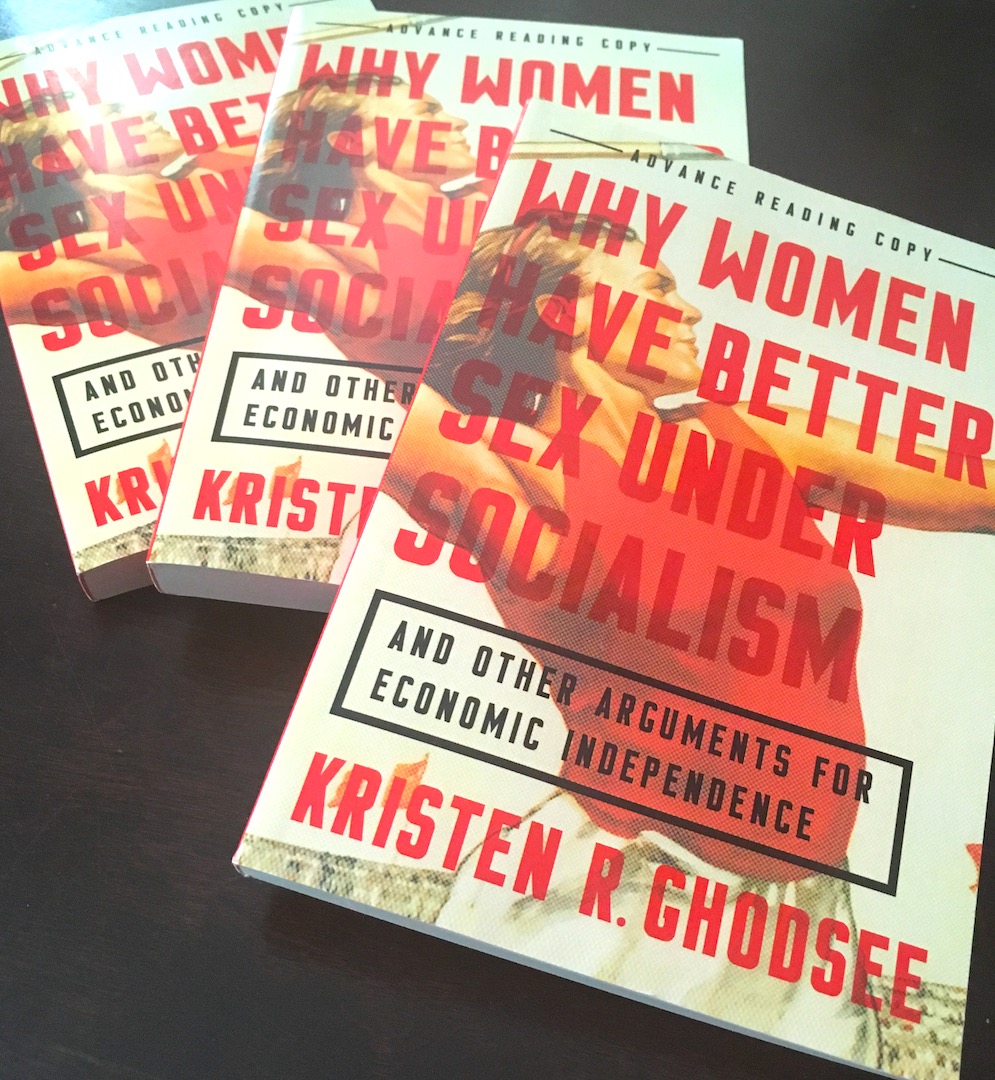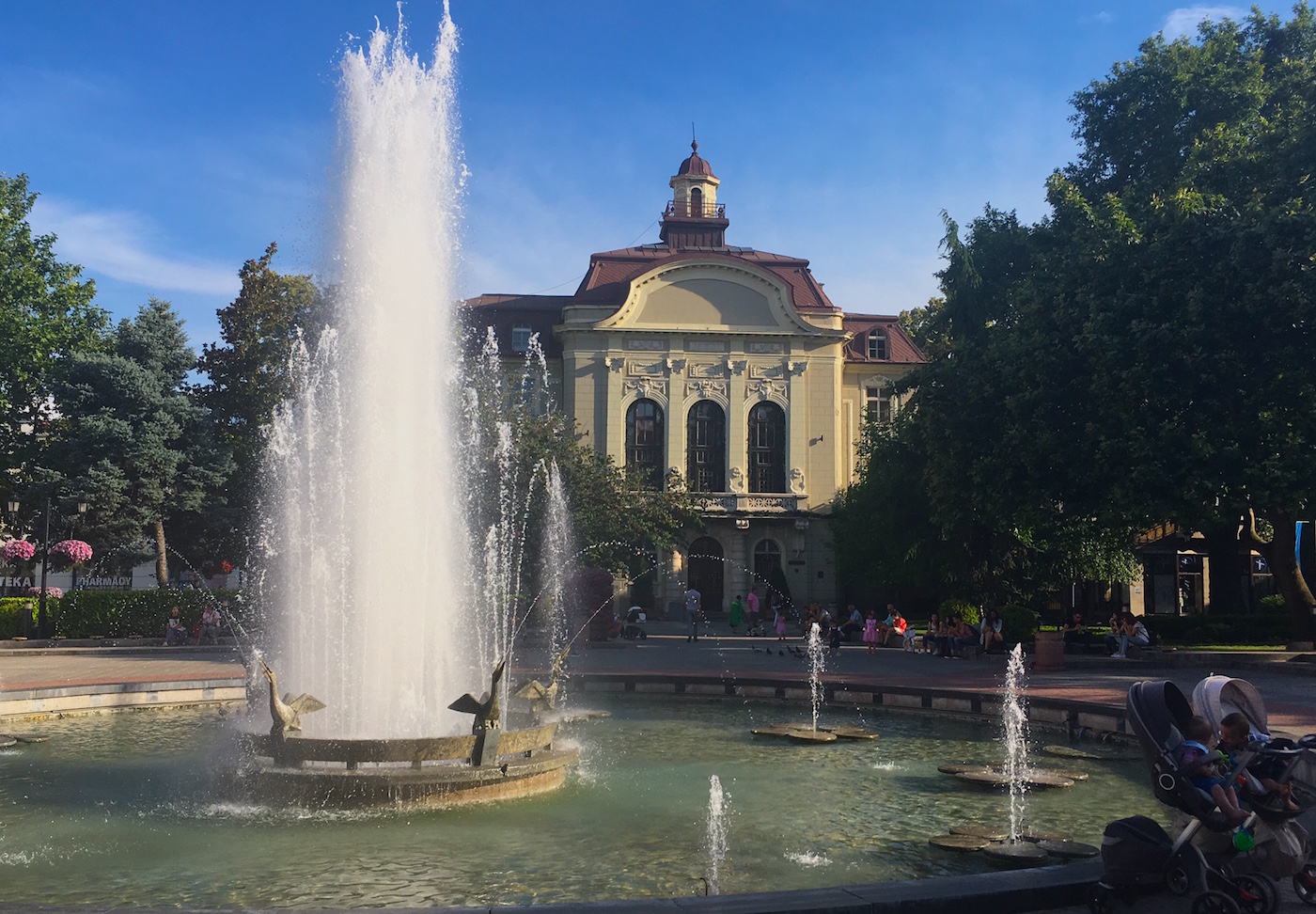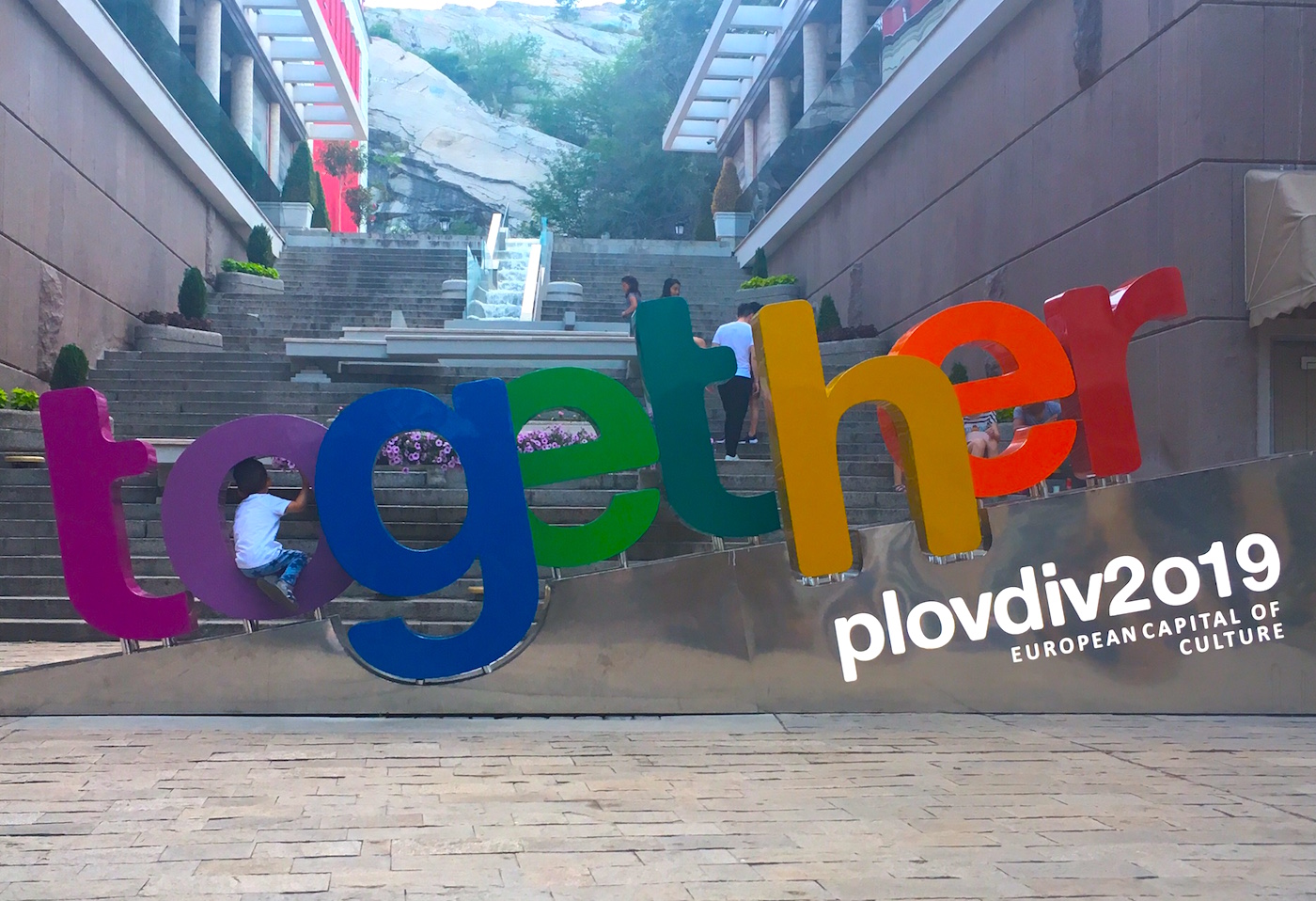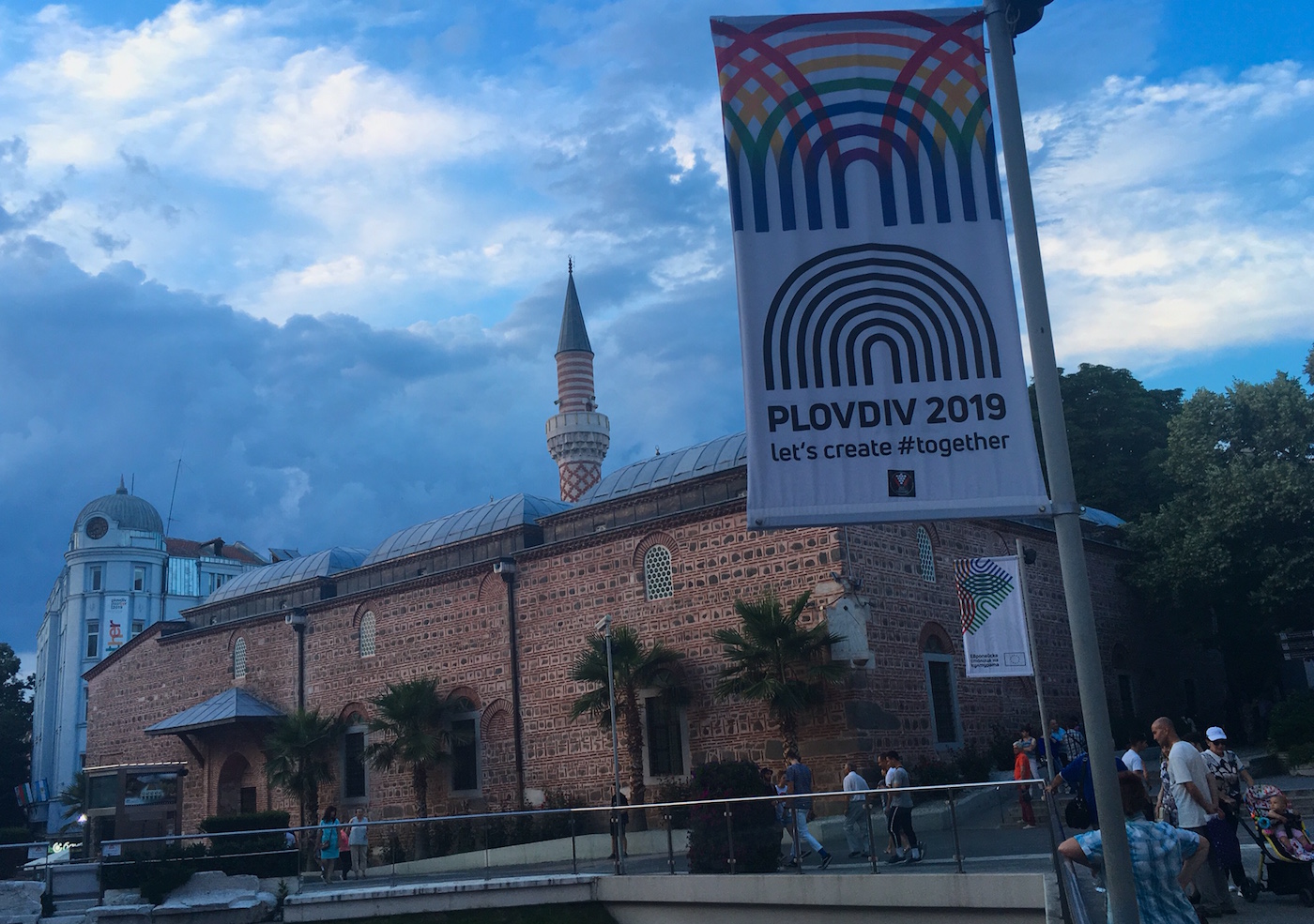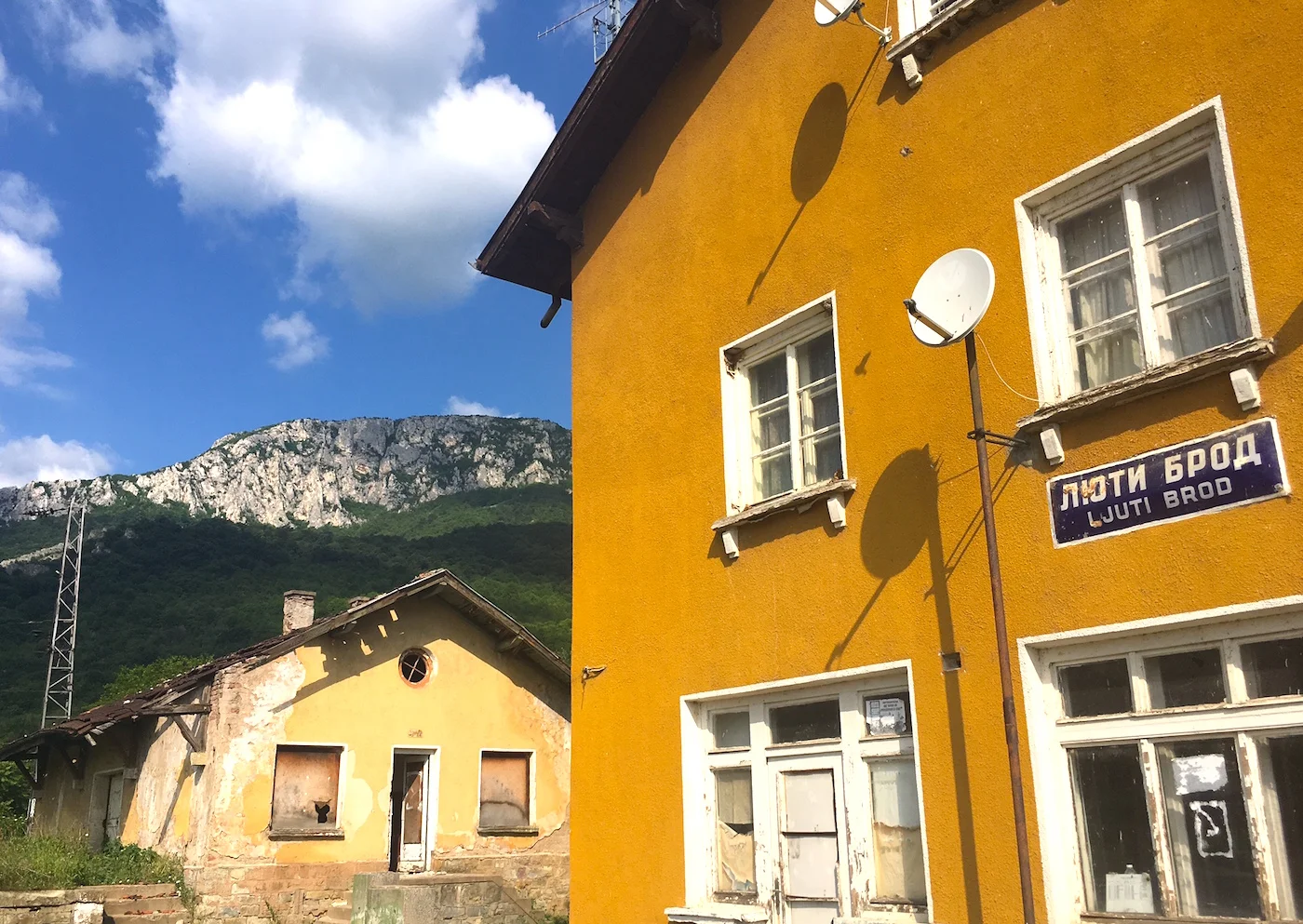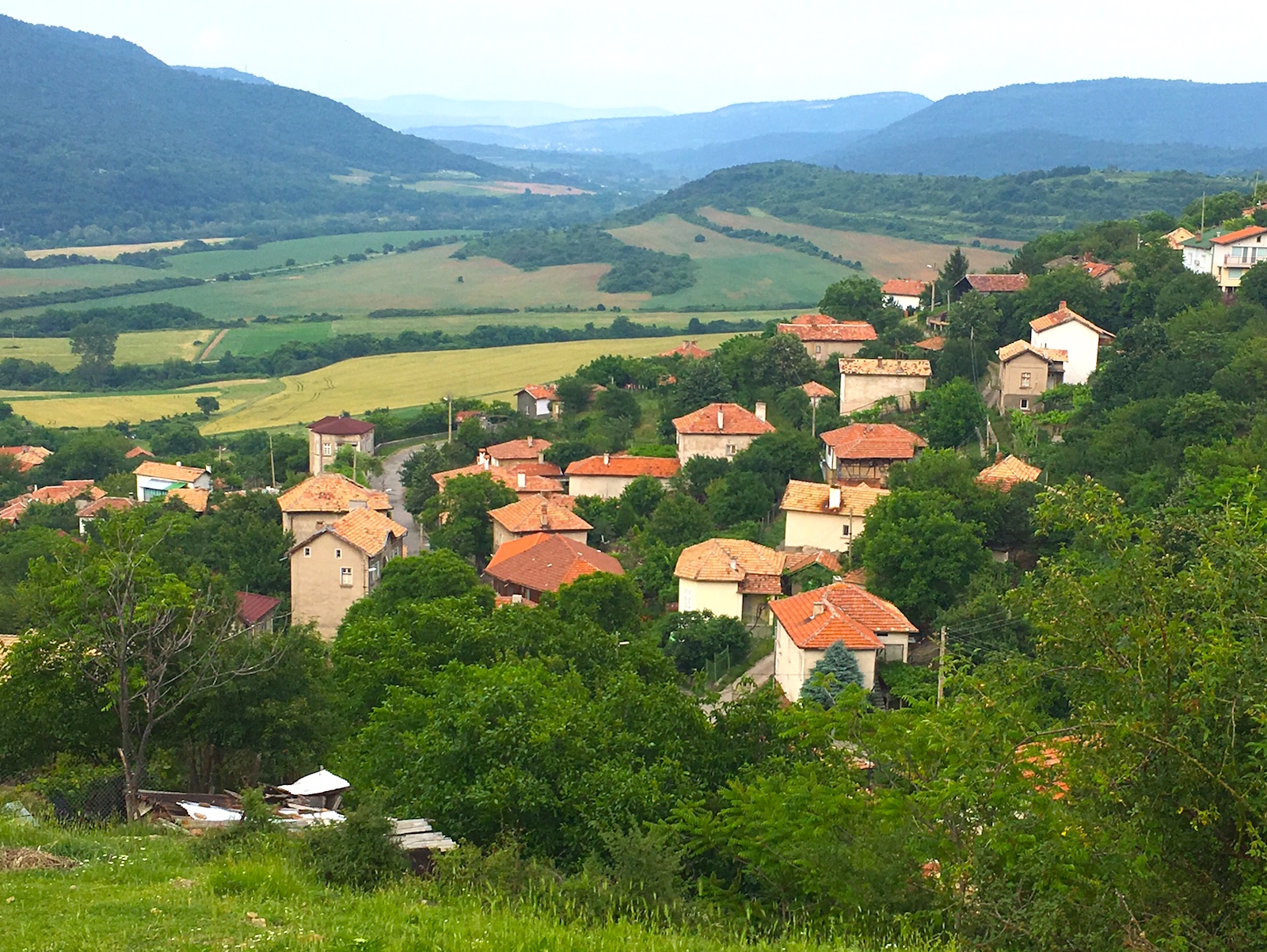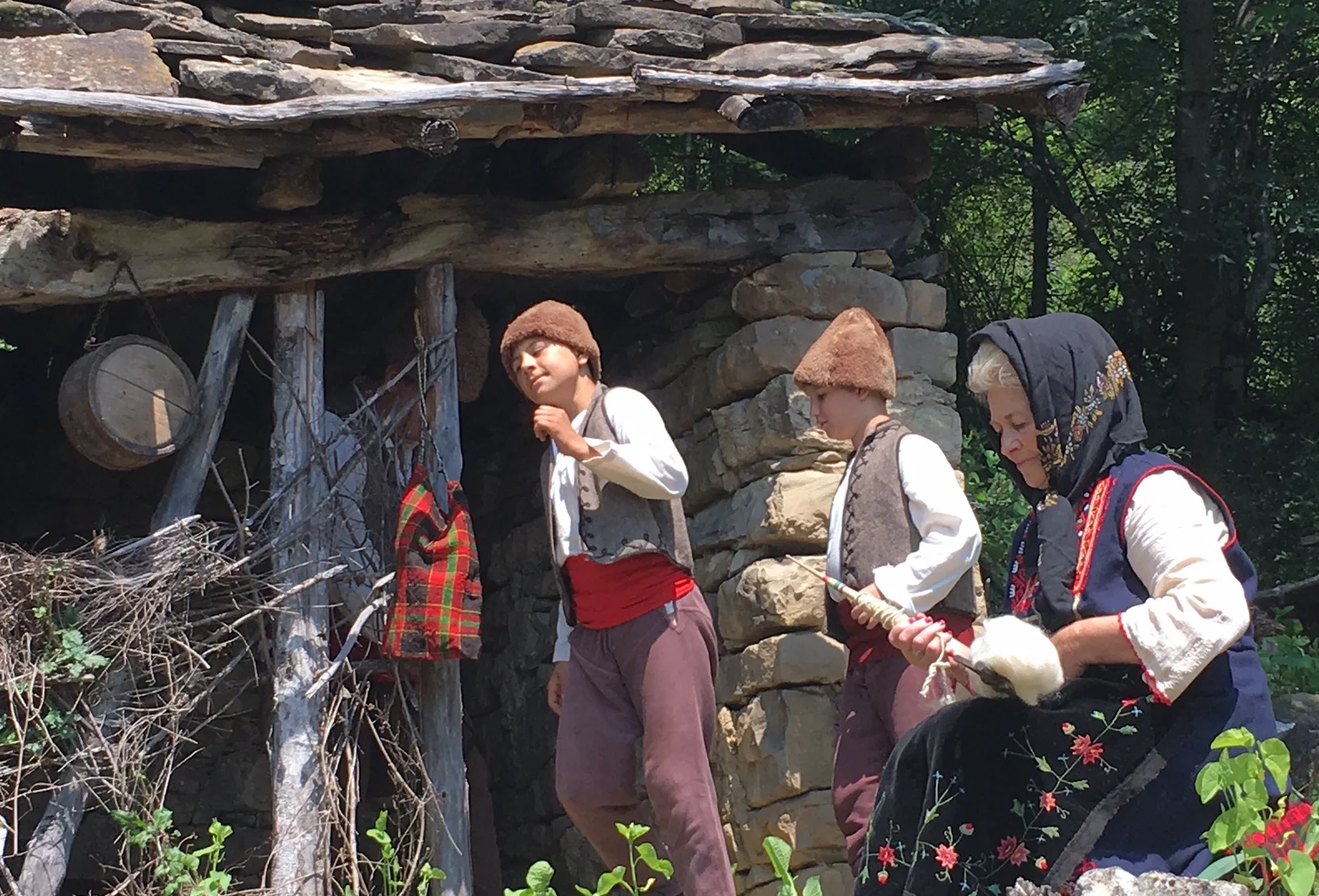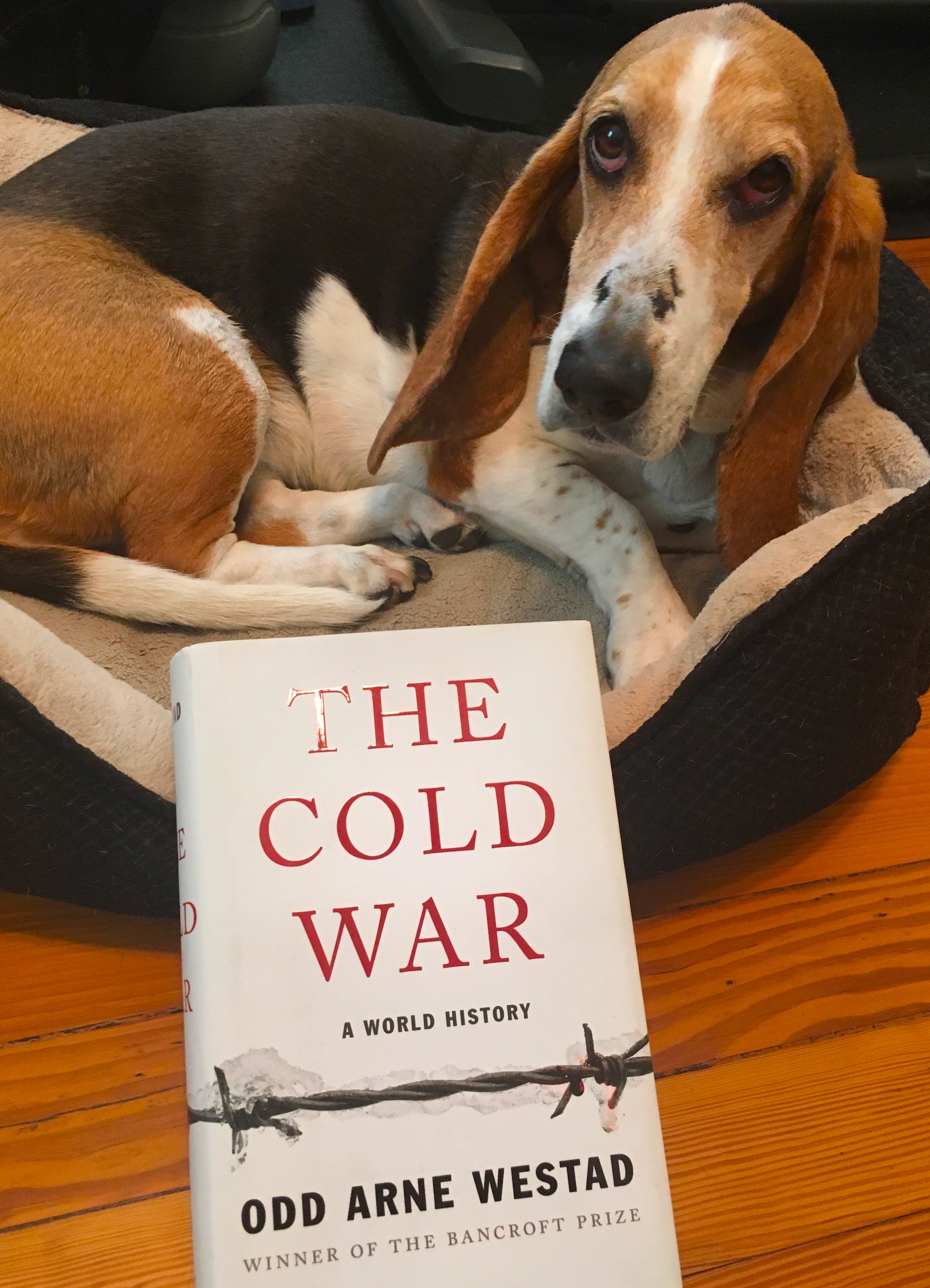My article for Le Monde Diplomatique now online in English
My new article in the Manuel of Intellectual Self-Defense →
“Après 1989, l’autre grande dépression,” [After 1989, the other great depression], Manuel d’autodéfense intellectuelle — Histoire, Le Monde Diplomatique, September 12, 2024
A photo from my lecture yesterday at Sofia University
Caught me while I was shutting off the sound on my phone
Orthodox Easter at Alexander Nevski Cathedral
Proofs of my forthcoming article in Le Monde Diplomatique
These are the French proofs of my article forthcoming in the July edition of Le Monde Diplomatique in both French and English. I am so excited that it will be featured as the middle two-page spread in both editions.
My column in The New Republic →
Here is my latest salvo against American-led regime change and the inequality that economic liberalization brings.
My new book!
So so so excited that this one is finally out. I’ve been working on this book for almost a decade.
Winter academic reading
My spring semester is about to start, but I had some time to delve into some great books about Eastern Europe and the politics of knowledge production during the Cold War. I wrote review of Birth of Democratic Citizenship and To See Paris and Die, I read Know Your Enemy for the first time and it inspired me to go back and reread Laura Nader’s and Noam Chomsky’s essays in The Cold War & The University.
The Book of the Day in the UK's Observer!
New article in the World Policy Journal
The Summer issue of the World Policy Journal just arrived in the post with my new article on the Russian women's activist, Alexandra Kollontai. It is always a thrill to see one's words in print on nice, glossy paper. And I am even more delighted to share an issue with Slavoj Zizek!
Advanced galleys are here!
These arrived in the post yesterday. These are the bound galleys that will go out for long-lead media and potential blurbers. After months of slaving away on this, it's so satisfying to see my words manifest in print.
Plovdiv: European Capital of Culture
Some scenes from Plovdiv. The first image shows that Plovdiv was once the sister city of a place called Leningrad.
A beautiful day with friends in Lyuti Brod in northwest Bulgaria.
I spent Sunday with my Bulgarian friends in the village of Lyuti Brod, which is close to the place where the great poet, Hristo Botev, was killed by the Turks on the 2nd of June, 1876. Every year, the village hosts a special historical reenactment of the battle.
Sofia, Bulgaria
Since Bulgaria holds the rotating presidency of the European Council, the center of Sofia looks gorgeous, especially the the areas around the National Palace of Culture where the Council is meeting. In over 20 years of visiting Sofia, I've never seen this area look so nice.
A beautiful May evening in Sofia.
Summer Reading: The Cold War: A World History
A sweeping history of the Cold War, but Westad doesn't have much to say about women. So far, I've found only one relevant paragraph which segues immediately into a discussion of militarism.
A perfect book for Bassett hounds and history buffs.
“One of the biggest changes throughout the Communist world was in the position of women. All over eastern Europe and eastern Asia the position of women had been governed by patriarchal traditions that gave them little say over resources, work, or family affairs. In areas that had had a taste of capitalism, new opportunities for women were mixed with increased social and economic exploitation. The Communist parties set out to change this sorry state of affairs, and at first many women were able to benefit from the new policies. Access to education, work, and child care improved dramatically in many places. So did women’s control over their own lives. The right to divorce and availability of birth control made for big changes in gender relations. But women were still kept out of political leadership positions, and as the regimes wanted to increase their populations, many women found themselves increasingly caught between work and duties to their families. The dual burden on women turned out to be as troublesome in societies that called themselves socialist as they were in the capitalist countries, and the on-going conflict between progressive ideas and traditional norms at least as intense.”
Interview with Maryna Bazylevych in Anthropology News
I had a lot of fun answering these questions from Maryna Bazylevych for the Soyuz Network for Postosocialist Studies.
Screenshot from the post in Anthropology News
Conversation with João Biehl at the Slought Foundation
Kristen Ghodsee and Joao Biehl at the Slought Foundation on April 19, 2018
Read moreNew website
Welcome to my new website and blog.
Read more





